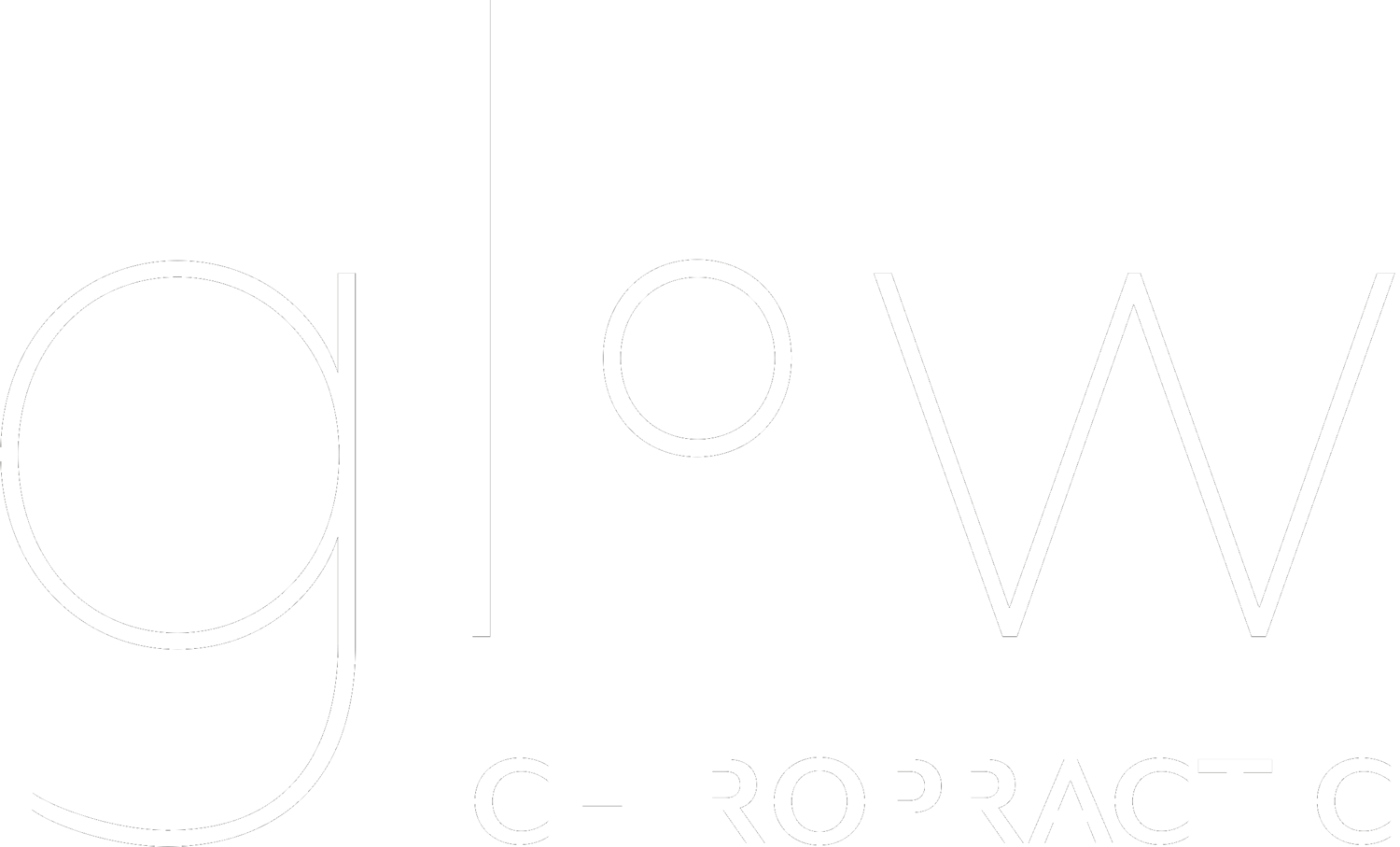Give your Immune System a Super Boost
We are continually exposed to pathogens like viruses and bacteria, and without us even realizing, our bodies release the appropriate cells (the most well-known are called white blood cells and phagocytes). Under normal circumstances, these cells envelop the pathogen and destroy them so that they don’t replicate and cause tissue damage. When these cells are not able to respond fast enough or have the appropriate structure, you might start noticing the effects (a cold or the flu).
Louis Pasteur, the famous microbiologist who invented pasteurization, said on his deathbed, “It is not the seed, but the soil” that causes disease. What he meant was that it is not so much the fact that viruses and bacteria abound, but that there are times that our bodies are weaker and more susceptible to them. The healthier and more resilient we are, the better chance we have to integrate these pathogens and develop natural immunity.
There are a lot of things you can do yourself to improve your immunity and take your power back. Here are some of the best recommendations I give to people.
1. Enough Rest
When we sleep our bodies have a chance to recover and repair. When we are sleep deprived our T-fighter cells go down and inflammatory cytokines go up, making us more susceptible to germs. We also get a better fever response when we sleep. Fevers are a very important part in fighting infections and for our health in general.
2. Basic Nutrition
Before supplementing with all kinds of (often chemically made) vitamins, consider instead what you can get out of your normal diet. Pack your diet with adequate fresh and raw fruit and vegetables that will provide increased vitamin C and antioxidants, which are important for your immune health. You can also add more spices like ginger and turmeric; both are highly anti-inflammatory substances and will, according to Ayurveda, increase the ‘heat production’ in your body.
When you feel more run-down or unwell, avoid sugar and dairy products for a couple of days. Excess sugar leads to high insulin levels followed by a plummet in blood glucose, encouraging low-grade inflammation whilst dairy products encourage phlegm to thicken.
3. Vitamin D3.
One of the biggest ‘discoveries’ that has been made in the past couple of years is the importance of healthy sun exposure on our skins! The sun allows us to transform fat molecules in our bodies to Vitamin D3, which is then vital for the function of other processes in our bodies (allowing calcium to be absorbed in our bodies) and also for an appropriate immune response. Unfortunately, the suns’ rays are not nearly strong enough this time of the year to stimulate this process.
Traditionally, we have made up for this deficiency by consuming high amounts of natural fish oil, which are high in Vitamin D3. I recommend the same for the modern city dweller, otherwise, a good quality Vitamin D supplement is your answer.
4. Healthy bugs
The bacteria in our digestive tract are some of the most important factors in a strong defensive system. Studies have identified several genes and compounds derived from these bacteria that mediate immunoregulatory effects; it seems that they regulate the functions of the cells lining our digestive systems, thus improving our immune response.
Most ancient diets include natural forms of good bacteria (otherwise known as Probiotics). The typical Dutch diet contains Sauerkraut and Sourdough bread, but most of us are also familiar with other forms of probiotics like yoghurt, kefir, kombucha, kimchi and tempeh. If the food forms do not appeal to you, you can also buy supplemental probiotics at most natural pharmacies and food stores in Holland. (I personally recommend the brands Orthica or BioKult.)
5. Bone Broth
Bone broth or stock was a way our ancestors made use of every part of an animal. It is made by cooking and simmering bones and marrow for a long period of time, which causes the bones and ligaments to release healing compounds like collagen, proline, glycine, and glutamine that have the power to transform your health. These amino acids reduce inflammation in the respiratory system and improve digestion, ultimately boosting the immune system.
6. Supplementation
There will also be times of the year that you feel that you need extra help; this is a good time to consider taking even more supplements than normal. In general, taking high doses of high quality, slow-release Vitamin C might strengthen your immune system and help you recover faster from a cold or the flu. I recommend 1500mg to 3000mg daily during times of increased need.
A Cochrane review of 13 studies showed that taking Zinc (>75mg per day) will decrease both the severity and duration of symptoms. It is recommended that you suck on Zinc lozenges as it prevents the Rhinovirus from multiplying in your mucosal passages.
Omega 3, found in fish oil increases the white blood cell activity which is one of the most vital parts of your immune response.
So, you see, with a little bit of foresight, you can keep your immune system strong and help yourself and your family stay strong through challenging times.
References:
Sergent E, Sergent E. Ann Inst Pasteur (Paris). February 1904.
Curr Opin Gastroenterol. 2011 Oct; 27(6): 496–501. Probiotics and immune health
Fang Yana and D.B. Polkb
https://www.ncbi.nlm.nih.gov/pmc/articles/PMC3273967/
https://www.unmc.edu/publicrelations/media/press-kits/chicken-soup/research.html
https://www.ncbi.nlm.nih.gov/pmc/articles/PMC6834330/
